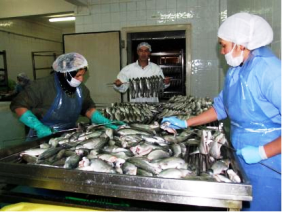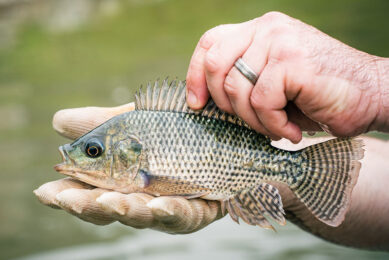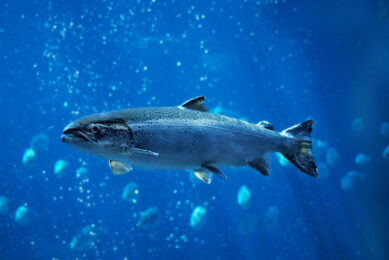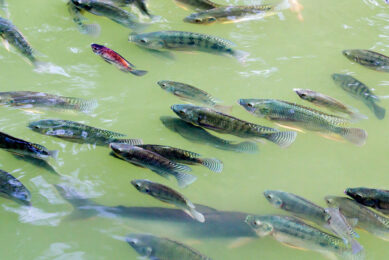Turkish town turns from textile to trout

The Aegean city of Denizli tries to find its way through new sectors after its dominant textile industry is dethroned. Trout production in the city seems promising with its market potential in Europe, writes Hürriyet Daily News.
Trout is emerging as one of the solutions for Turkey’s Aegean city of Denizli, which has been seeking alternatives in the face of the ailing fortunes of its once dominant textile sector.
It is not just any trout, but Rainbow Trout favoured by Europeans. The solution comes with a complex of seven farms around the province, all connected to a high-tech processing centre that can move tonnes of fresh fish daily through a labyrinth of semi-automated devices to clean, weigh, flavour, flash-freeze and vacuum pack.
“We produce enough to load a container truck bound for Holland every three days,” said Mustafa Özpek, who created his first simple fish farm three decades ago that ultimately grew into the $5 million, robotics-equipped factory opened in 2002 at the edge of this industrial city seafood.
Exporting to the Netherlands, Germany, Denmark, his company Özpekler already employs 120 workers – 80% of whom are women – although the operation is relatively new.
“This is the kind of enterprise that we see as leading the way,” said Bülent Uygun, secretary-general of the Denizli Chamber of Industry. “We need new models of enterprise, and we also need to support in every way we can new commercial activities that provide opportunity for women.”
Technology grows with business
In 2005, the first trout-laden 16-wheelers rolled out from the Denizli factory. As the business grew, so did the technology.
“The entire process from farming the fish to the packing and dispatching the end product is under close supervision of our experienced staff, and registered by many internationally accredited certificates,” said Yasin Özpek, one of the two sons also participating in the company.
Moving up the chain of market sophistication has not been easy. For example, entering the higher value market for “smoked” trout requires not just new facilities. It also requires more raw materials. The production of 1 kilogram of “smoked” trout requires more than 2.2 kilograms of fresh fish. “But if we didn’t make the transition, we would essentially create our own competitor in Europe,” Yasin Özpek said.
Reaching an annual production capacity of 3,700 tons today, Özpekler is preparing to sway the European market with a wider range of products and more customers soon.
More than 70 percent of the raw material is the company’s own production. It would be quite difficult to export if the firm did not have a monopoly on the raw material it uses, said Yasin Özpek.
Join 26,000+ subscribers
Subscribe to our newsletter to stay updated about all the need-to-know content in the feed sector, three times a week. Beheer
Beheer









 WP Admin
WP Admin  Bewerk bericht
Bewerk bericht